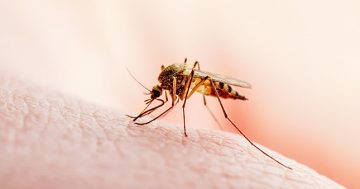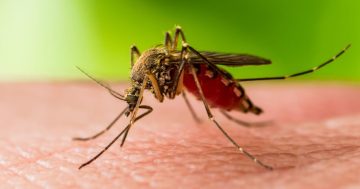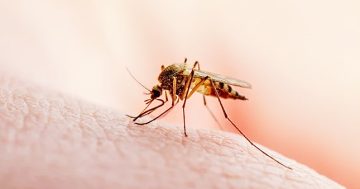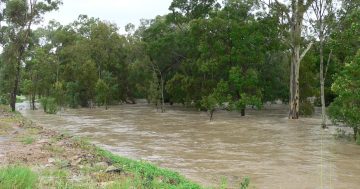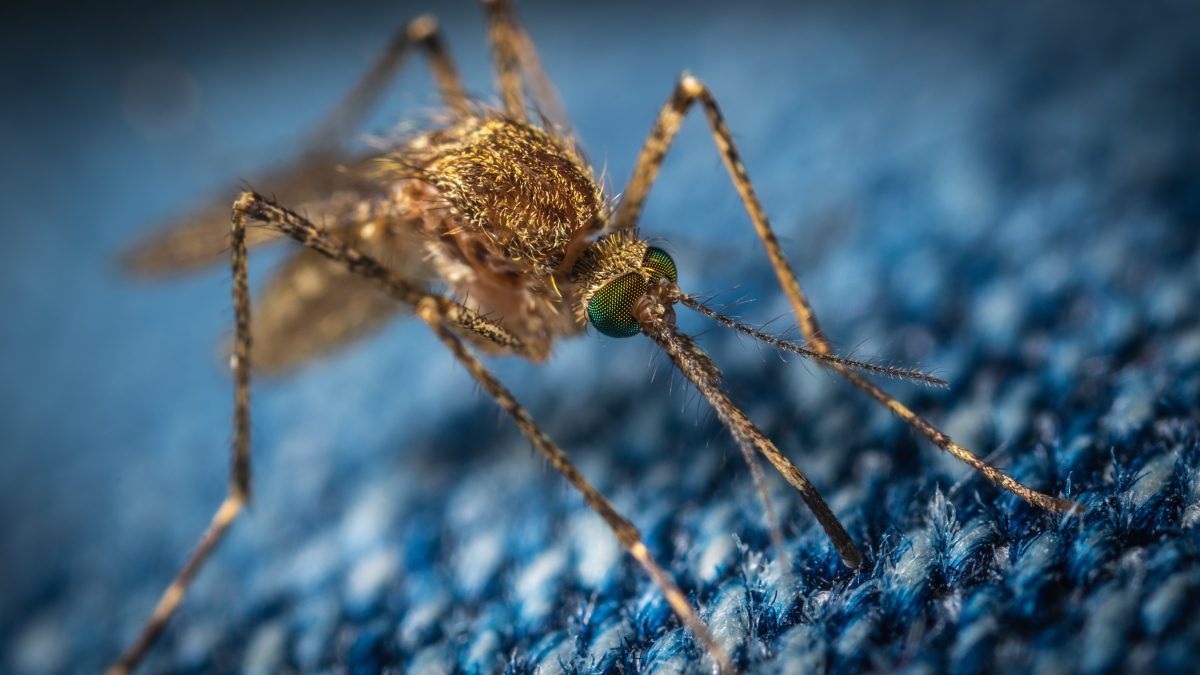
It’s time to cover up for the wet season. Photo: Егор Камелев.
Cape York, Northern Peninsula Area and Torres Strait residents are being urged to take all possible precautions to avoid being bitten by mosquitoes this wet season.
Torres and Cape Hospital and Health Service Executive Director of Medical Services Dr Marlow Coates warned against mosquito-borne diseases, some cases which have already occurred this year.
“Some mosquito-borne diseases circulate locally and are relatively common, such as Ross River fever and Barmah Forest virus disease. We have had five cases of each within the health service region so far this year,” he explained.
He also warned against other diseases not yet recorded this year, such as dengue fever and Japanese Encephalitis Virus (JEV).
“Last year, cases of JEV also were recorded in Queensland, as well as elsewhere in Australia, and could re-occur,” he said.
This year, five cases of malaria were recorded in the Torres Strait, the first since 2013.
He stressed that mosquito control and public education campaigns can only do so much, and encouraged residents to take personal protective measures.
“All residents also need to do their part and take action to eliminate mosquito breeding sites on their properties and protect themselves from mosquito bites.”
Personal protective measures include:
- Wear light-coloured clothing, long-sleeve shirts and long pants wherever possible to cover exposed skin.
- Use insecticide spray in places where mosquitoes can hide.
- Use other mosquito protection devices such as electric zappers and mosquito coils.
- Install insect screens that are in good working order in your home and office. If not, sleep under a mosquito net day and night.
- Tip it, store it, throw it – tip out water from containers weekly, store containers under cover and discard rubbish properly. Mosquitoes breed in containers that hold water.
Residents are reminded that under the Public Health Act 2005, you can be fined by local council if your home or yard promotes the breeding of mosquitoes.
“If you follow these simple instructions, you can minimise substantially the risk of being bitten and infected with a mosquito-borne virus,” Dr Coates said.
He said that bites that do not transmit diseases can also be harmful when the scratching leads to broken skin and possibility of a secondary infection.
He encouraged those bitten to resist scratching, wash hands before and after touching open wounds and keep an eye out for infections.
While mosquitoes are active all year round, they tended to be far more prevalent in wetter seasonal conditions between November and April, he explained.
“But no matter the time of year, our advice to local communities remains the same.”
If the bite area becomes inflamed, clean with soap and water at least once a day, apply an antiseptic lotion and keep covered with a dry dressing. Application of a cool compress can also reduce inflammation.
If skin sores become hot, red, swollen, or painful, see your doctor immediately.


